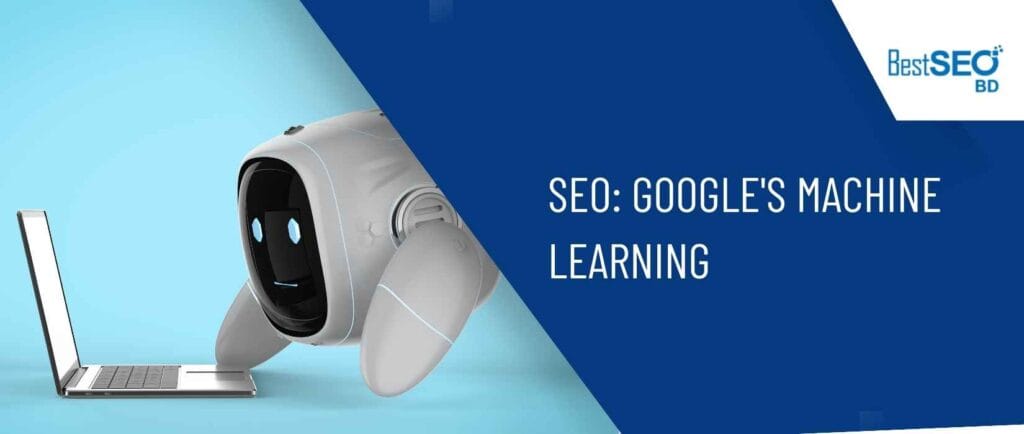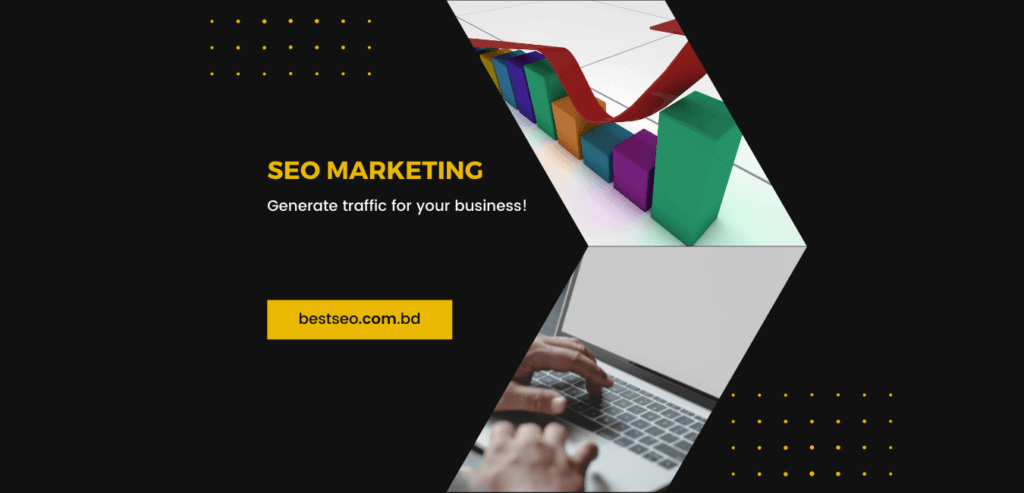In 2024, the landscape of digital marketing is being revolutionized by advancements in technology, with Google’s machine learning leading the charge. This powerful technology is reshaping how businesses approach marketing, from optimizing SEO strategies to enhancing user experiences. In this article, we’ll explore how machine learning is influencing digital marketing, including on-page and off-page strategies, the role of data in decision-making, and its overall impact on SEO services.
The Role of Google’s Machine Learning in Digital Marketing
Machine learning algorithms are at the heart of many changes in digital marketing. By leveraging vast amounts of data, these algorithms can predict trends, personalize content, and automate various marketing tasks, making them indispensable tools for marketers. Machine learning has become a key player in enhancing the effectiveness of both on-page and off-page marketing strategies, leading to more accurate targeting and better user engagement.
What is Machine Learning?
Machine learning is a subset of artificial intelligence (AI) that allows systems to learn from data, identify patterns, and make decisions with minimal human intervention. Google’s machine learning algorithms, such as RankBrain and BERT, are designed to understand and process large volumes of data to improve search results, ad placements, and user experience.
Enhancing On-Page SEO with Machine Learning
On-page SEO involves optimizing individual web pages to rank higher in search engine results and drive more traffic. With Google’s machine learning, on-page SEO strategies have become more sophisticated and effective.
1. Content Optimization
Machine learning helps marketers analyze user behavior and preferences, allowing them to create more relevant and engaging content. Tools powered by machine learning, such as Google’s NLP (Natural Language Processing), help identify the most effective keywords and content structures, leading to better on-page optimization.
2. Personalized User Experience
One of the most significant impacts of machine learning on on-page SEO is the ability to personalize user experiences. By analyzing data from user interactions, machine learning can tailor content, recommendations, and search results to individual preferences, increasing user engagement and conversion rates.
3. Automated SEO Audits
SEO services now often include automated audits powered by machine learning. These tools can quickly identify technical issues, such as broken links or slow loading times, and suggest improvements, making it easier to maintain a well-optimized website.
The Impact on Off-Page SEO
Off-page SEO refers to activities that occur outside your website but still impact your search engine rankings, such as backlinks, social media engagement, and brand mentions. Google’s machine learning is playing a crucial role in enhancing these strategies.
1. Link Building
Machine learning algorithms can evaluate the quality of backlinks more effectively than ever before. They assess factors like relevance, authority, and user engagement to determine the impact of each link on your site’s ranking. This means that SEO services focusing on link building need to be more strategic, prioritizing quality over quantity.
2. Social Media Analysis
Social media platforms generate vast amounts of data daily. Machine learning tools can analyze this data to uncover trends, user sentiment, and engagement patterns. This information is invaluable for crafting off-page strategies that resonate with your target audience and improve your overall digital marketing efforts.
3. Reputation Management
Managing your online reputation has become more manageable with machine learning. By monitoring online mentions, reviews, and social media conversations, machine learning can alert businesses to potential issues before they escalate. This proactive approach is crucial for maintaining a positive brand image.
How SEO Services Are Adapting to Machine Learning
The rise of machine learning has forced SEO services to evolve. Agencies are now integrating AI-driven tools into their workflows to stay competitive and deliver better results for their clients.
1. Advanced Keyword Research
Keyword research, a fundamental aspect of SEO, has been transformed by machine learning. SEO services now use AI tools to predict keyword trends, identify user intent, and generate long-tail keywords that align with search queries more accurately. This results in more targeted and effective SEO strategies.
2. Improved Analytics
Data analytics is another area where machine learning shines. By processing and analyzing vast amounts of data, machine learning algorithms provide deeper insights into user behavior, campaign performance, and ROI. This enables SEO services to make data-driven decisions that optimize marketing strategies for better outcomes.
3. Automated Reporting
Machine learning has streamlined the reporting process for SEO agencies. Automated tools can generate detailed reports on website performance. Such as keyword rankings, and traffic sources, allowing agencies to focus on strategy rather than manual data compilation.
The Future of Digital Marketing with Machine Learning
As we look ahead to the future, it’s clear that machine learning will continue to play a significant role in digital marketing. The technology’s ability to process and analyze data at scale makes it an invaluable asset for businesses looking to stay ahead in a competitive landscape.
1. Voice Search Optimization
With the rise of voice-activated devices like Google Home and Amazon Alexa, voice search is becoming increasingly important. Machine learning is essential in optimizing content for voice search, as it helps understand natural language queries and delivers more accurate results.
2. Predictive Analytics
Predictive analytics, powered by machine learning, allows businesses to anticipate customer needs and behaviors. This is enabling digital marketers to make proactive decisions that enhance campaign performance. By analyzing historical data and trends, machine learning can predict future outcomes.
3. AI-Powered Content Creation
Machine learning is also making strides in content creation. AI tools can now generate content, such as blog posts and product descriptions. Moreover, those are optimized for SEO and tailored to specific audiences. While human input is still necessary for creativity and nuance, AI-generated content can save time and resources.
Frequently Asked Questions (FAQ)
1. What is Google’s machine learning?
Machine learning refers to AI-driven algorithms that analyze data, predict trends, and automate marketing tasks, improving digital marketing efforts.
2. How does machine learning enhance on-page SEO?
Machine learning optimizes content, personalizes user experiences, and automates SEO audits, making on-page SEO more effective and efficient.
3. What role does machine learning play in off-page SEO?
Machine learning improves link building, social media analysis, and reputation management, making off-page SEO strategies more targeted and impactful.
4. How are SEO services adapting to machine learning?
SEO services are integrating AI-driven tools for advanced keyword research, improved analytics, and automated reporting to enhance their strategies.
5. What is the future of digital marketing with machine learning?
The future includes advancements in voice search optimization, predictive analytics, and AI-powered content creation, further transforming digital marketing.
Conclusion
In 2024, the impact of Google’s machine learning on digital marketing is undeniable. From enhancing on-page and off-page SEO to revolutionizing data analytics and content creation, machine learning is transforming how businesses approach marketing. By leveraging this technology, marketers can stay ahead of the curve, optimize their strategies, and achieve better results. As machine learning continues to evolve, it will undoubtedly remain a cornerstone of digital marketing strategies in the years to come.



